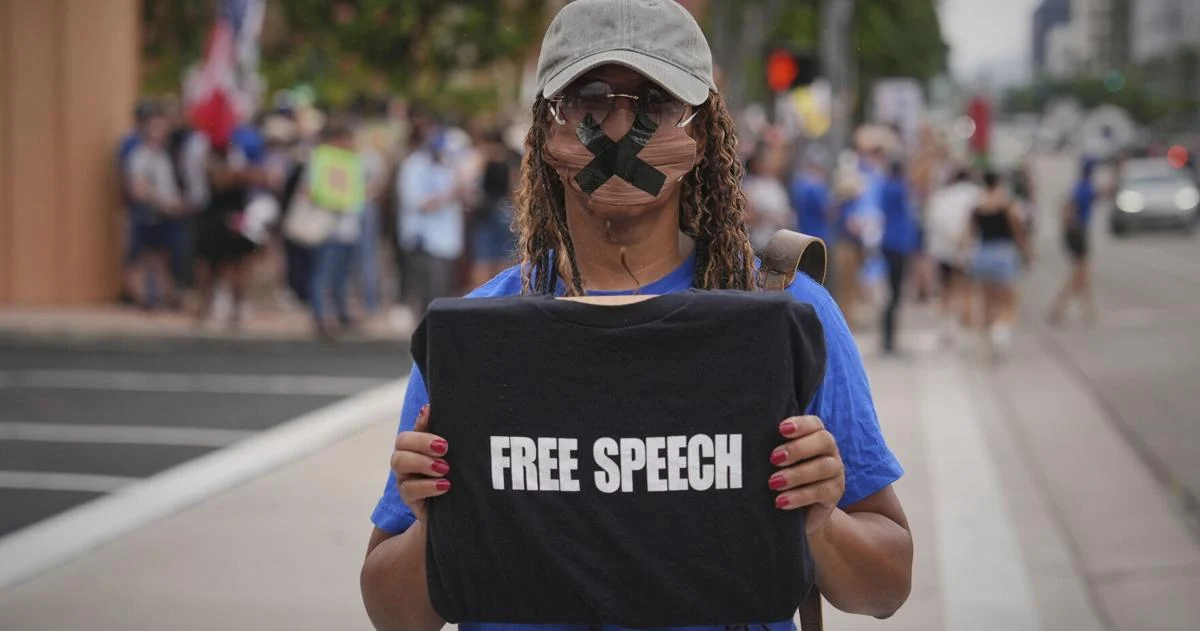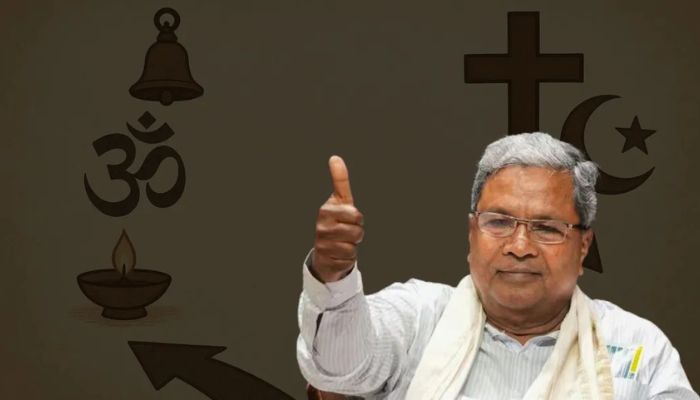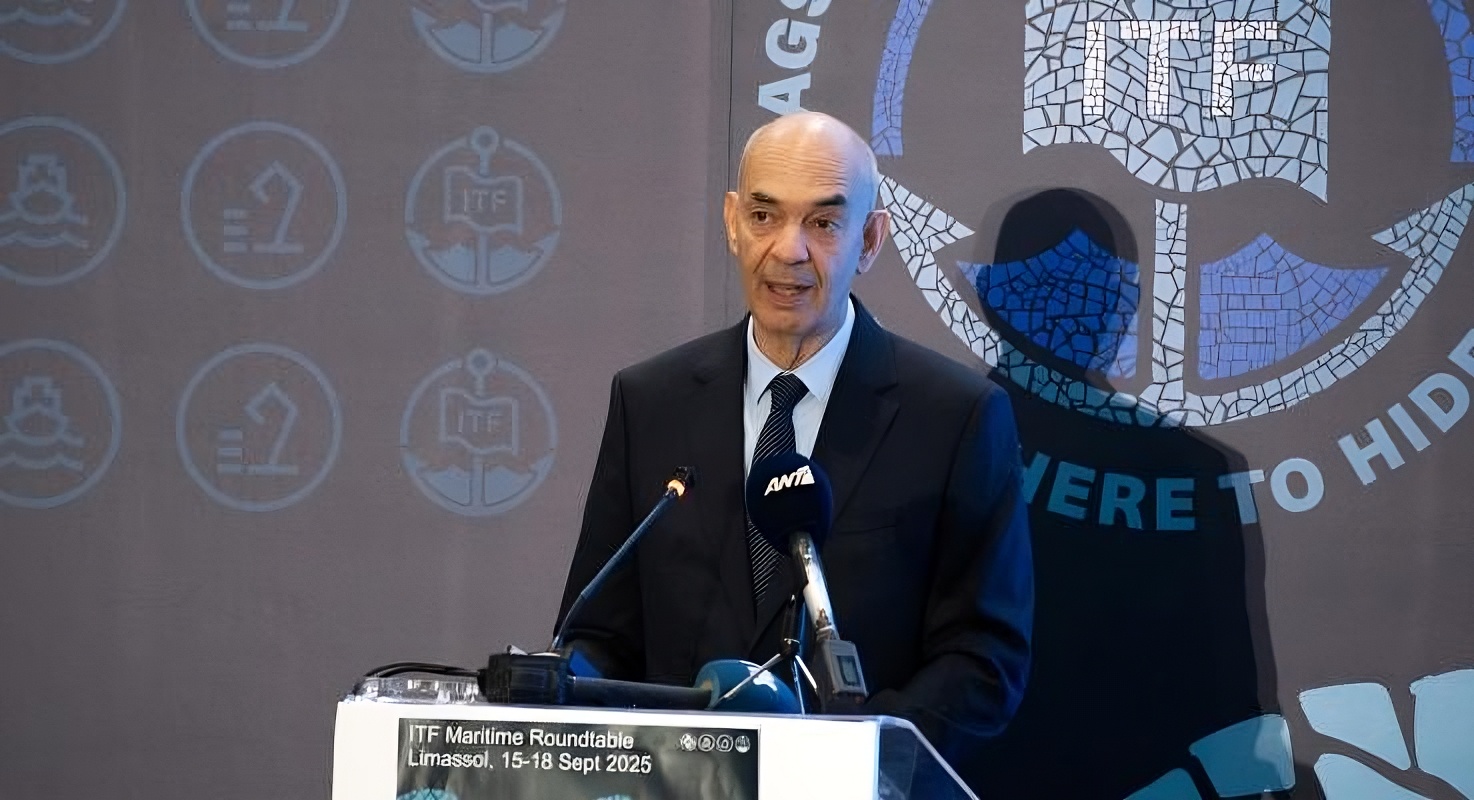
Jimmy Kimmel’s suspension and partial reinstatement show how fragile liberty has become when citizens no longer learn or value the Western tradition that made it possible.
ABC’s suspension of the late-night host after his crude remarks on the murder of Charlie Kirk was greeted by some with applause. Even President Donald Trump called it “great news for America.” I cannot agree. Whether one finds Kimmel funny or offensive is beside the point. What matters is that the government, by way of the Federal Communications Commission, exerted pressure on a television network in order to silence a voice. That is fundamentally illiberal and deeply unhealthy.
Kimmel has since been reinstated after a short suspension, yet in many markets his program still did not air for days. This halfway measure illustrates the precariousness of free expression in today’s culture. It is not outright censorship, but it is a reminder that speech rights are increasingly subject to political winds, corporate risk calculations and the moral fashions of the moment.
A century ago, U.S. Supreme Court Justice Oliver Wendell Holmes Jr. defended what he called “the freedom to express the thought that we hate.” Holmes understood that liberty has little meaning if it protects only speech that pleases the majority. It is precisely the unpopular, the irritating and even the offensive speech that tests our constitutional mettle. That principle has been echoed by jurists across the spectrum — by Justices Antonin Scalia and Samuel Alito, who have reminded us that the First Amendment does not yield to fashion or convenience, and by liberals who still recall that free speech is the precondition for dissent.
Yet in today’s culture, whether it’s “Owning the Libs” or “Dunking on MAGA,” we too often cheer when those we dislike are punished. Kimmel’s suspension may feel like a moral victory to some, just as conservative speakers being chased off campuses is celebrated by others. But each incident chips away at the culture of open argument on which a free society depends.
Increasingly, young people — and not only the young — lack the skills of conflict resolution and the ability to debate, disagree and reconcile without resorting to personal destruction. That deficit makes the defense of free speech even more urgent, because without those skills, disagreement turns easily into silencing.
This is where a deeper problem reveals itself. As Professor James Hankins of Harvard argued in a recent Law & Liberty podcast, one of the gravest losses in American higher education is the abandonment of serious instruction in Western Civilization. For much of the 20th century, students encountered the ideas of Plato and Aristotle, Augustine and Aquinas, Locke and Montesquieu, Madison and Lincoln. They wrestled with texts that explained not just how government functions, but why liberty matters. Today, many universities have relegated those studies to the margins, if they still exist at all.
Hankins warns that when students no longer encounter these voices, they inherit freedoms without understanding the struggles and achievements that produced them. They are left unmoored, prone to see free speech not as the hard-won fruit of centuries of conflict and reflection, but as just another tool to be distributed according to taste or ideology. That impoverishment of education has real political consequences. It encourages us to think of rights as negotiable, traditions as disposable and civilization as a hollow slogan.
Western civilization, of course, is not beyond critique. It has produced injustices as well as triumphs. But to dismiss it is to forget that it also gave the world constitutional government, the scientific method and the very ideals of liberty that allow us to disagree in public without fear of prison or exile. As Hankins put it, without instruction in those achievements, we risk hollowing out the cultural foundations of our republic.
This is why Holmes’ defense of hated speech and Scalia and Alito’s insistence on constitutional fidelity remain urgent today. They are not abstract doctrines. They are the living expression of a civilizational tradition that prizes argument over coercion, persuasion over censorship, liberty over control. If we forget that lineage, we will treat free speech as a partisan weapon rather than a civilizational inheritance.
The Kimmel episode may seem trivial compared with the great constitutional debates of our time. But it is a symptom of something larger: a society forgetting why it values freedom in the first place. Our politics increasingly rewards outrage, our universities shy away from demanding curricula, and our media trade in spectacle. Amid that noise, the hard lessons of Western Civilization — that liberty is fragile, that rights must be defended even for our opponents, that truth emerges from debate rather than decree — are drowned out.
The choice before us is not whether we enjoy Jimmy Kimmel’s humor or recoil at his cruelty. The choice is whether we will remember and preserve the intellectual achievements that allow both Kimmel and Trump to speak freely at all. That requires more than invoking the First Amendment when it suits us. It requires renewing the teaching of Western Civilization in our schools and universities, instilling in young citizens an appreciation for the ideas that built our republic.
Free speech will not survive on sentiment alone. It needs citizens who know why it matters, leaders who will defend it even when unpopular and institutions that will teach its roots in our civilization. Holmes saw that truth a century ago. Hankins warns of its neglect today. If we cannot recover that appreciation, then the freedom to express even “the thought that we hate” will slip away — not with a bang, but with a cheer from those who think silencing an opponent is victory.
Sean M. Bennett is a Summerville Republican who chairs the Senate Ethics Committee.



